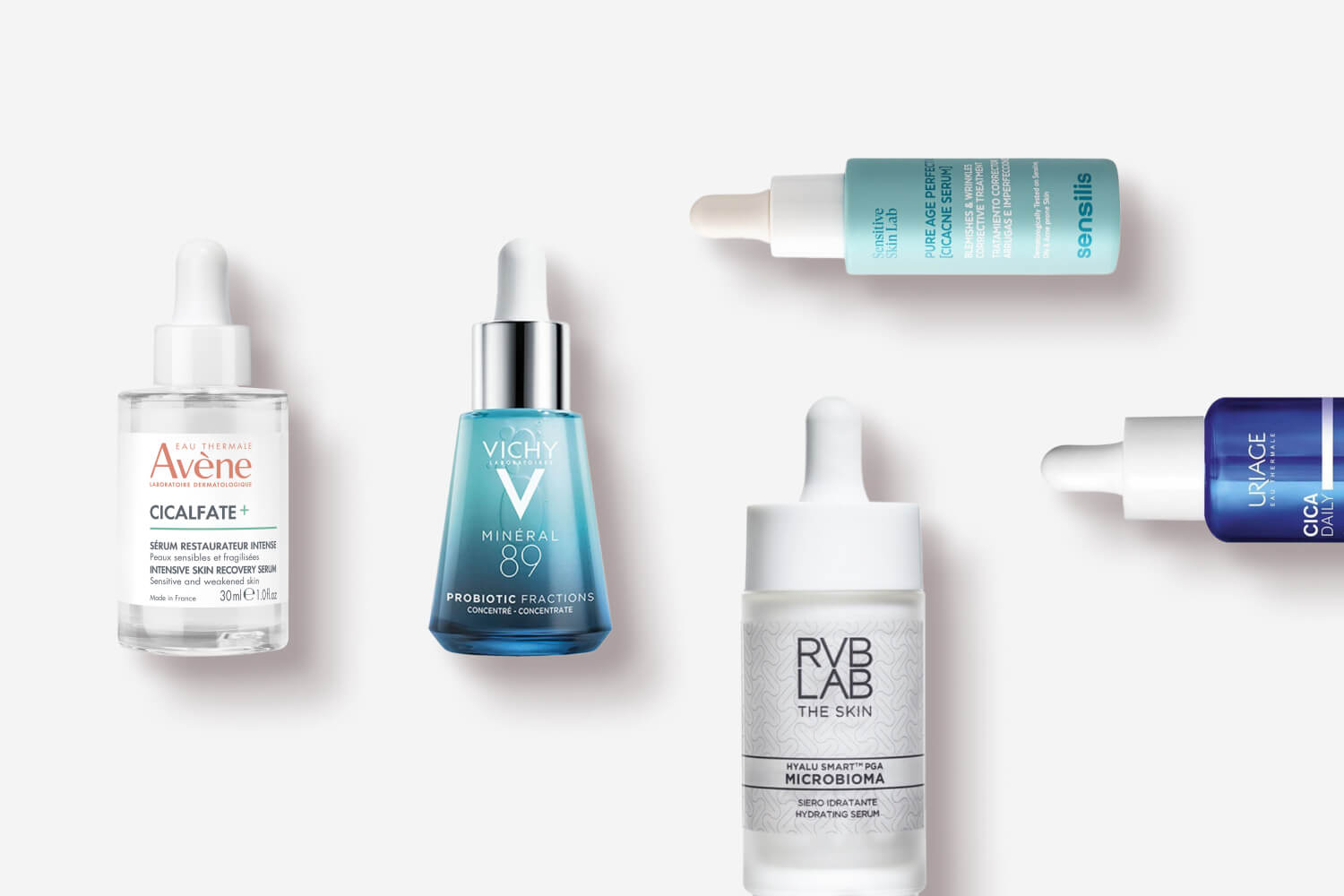
If you’re interested in beauty and skincare, you may have noticed the word “microbiome” popping up a lot in recent years. But what exactly is the microbiome, and how does it play into your skincare routine? What is “microbiome skincare”? Is the microbiome something you already have, or something you’re supposed to apply to your skin? Let’s find out!
What is the skin microbiome?
To put it very simply, the skin microbiome is the sum of all the microorganisms that live permanently on our skin. That’s right: clean as your skin may be, it’s actually populated by many, many diferent strains of microorganisms that contribute to its well-being. “The skin microbiome consists mainly of bacteria, fungi, and viruses making up a wide range of microbial species,” studies say, and “a single square centimeter contains up to one million microorganisms.”
To build upon this idea, it may help to think of your skin as an ecosystem that’s diverse and ever-changing. According to studies, “the skin is comprised of three major habitats: moist, sebaceous, and dry.” Sebaceous areas include the face, chest, and back, and dry areas include the arms and legs. Moist areas, although more variable, include places like the webbed areas between your fingers and toes. All of these areas create distinct microenvironments that promote the growth and colonization of particular microorganisms.
The microbiome “is essential for skin health as it supports the skin’s barrier function and immune system”, studies say. It may sound far-fetched, but the microbiome plays an important protective role: studies have found that “despite being constantly exposed to large numbers of microorganisms, the skin can discriminate between harmless commensal microorganisms and harmful pathogenic microorganisms.”
In short: your skin can tell the difference between the “good” microorganisms that are supposed to be there and the microorganisms that aren’t supposed to be there–and which may actually bring harm to your body.
How the microbiome changes throughout life
The microbiome is formed in infancy and can be shaped by a variety of factors: “genetic predispositions influence skin reactions and microbial resilience, while environmental factors like UV radiation and pollution can alter microbial habitats and introduce harmful species. Lifestyle choices, including diet and skincare routines, directly impact microbial balance; for example, high-fat diets and harsh soaps can disrupt this balance, whereas nutrient-rich foods and gentle skincare products support it.”
The aging process is also related to the microbiome. While some studies have identified that “hormonal changes throughout puberty can impact the skin’s sebum production and microbial composition, resulting in disorders such as acne”, others have focused on how “physiological changes such as decreased sebum production, thinner skin, and altered pH levels” affect the microbiome as we age into and past adulthood, reducing the variety of microorganisms of the skin microbiome and leading to an increased susceptibility to skin conditions.
The link between the microbiome and skin conditions
We’ve seen how the microbiome can change and evolve in response to internal and external factors. The real problem emerges when those same factors have such an intense effect that they compromise the skin’s microbiome to the point of throwing everything out of balance; good bacteria are overrun by bad bacteria, and the skin begins to show signs of sensitivity, redness, and inflammation.
Studies have shown that an imbalance of the microbiome “can result in a range of skin conditions such as infections, allergies, and autoimmune diseases.” At the same time, a “dysregulation of the skin immune response” has been associated with psoriasis, atopic dermatitis, seborrheic dermatitis, acne, and even rosacea (see here and here).
How probiotics can help restore your skin microbiome
Studies suggest that the application of topical probiotics can reinforce the skin microbiome and help the “good” bacteria recover some ground, which in turn can help improve the health of the skin. You may be wondering, though: what even are probiotics? What about prebiotics, or postbiotics?
Probiotics is just another name for good bacteria. In turn, prebiotics are what probiotics feed on, and postbiotics are compounds produced by probiotics (which can be as beneficial to the overall system as the probiotics themselves). A healthy microbiome will often feature all three.
Microbiome-friendly skincare
When it comes to skincare, the microbiome can be supported in two ways: through gentle skincare products, or through the application of topical pre-, pro- and postbiotics. Below, you’ll find some of our current favorite products that meet both of these criteria:
Uriage CICA Daily Intense Repairing Serum
Uriage CICA Daily Intense Repairing Serum is a high tolerance dermatological serum that repairs, strengthens, and protects damaged and fragilized skin. The key ingredient is 10.5% Thermal-Biotic Complex, a unique blend of Uriage Thermal Water and inulin, a prebiotic, that helps rebalance the microbiome.
Centella asiatica, hyaluronic acid of high and low molecular weight, and vitamin B5 complete the formula, creating an ultra-soothing serum that helps minimize signs of fragilized skin, such as dehydration and fine lines, discomfort and light redness, and dullness and fatigue.
Avène Cicalfate+ Intensive Skin Recovery Serum
Avène Cicalfate+ Cream is already an icon in skin repair, but have you heard of the serum? Avène Cicalfate+ Intensive Skin Recovery Serum is an innovative serum with a dual soothing and restorative action, formulated for those who struggle with a weakened skin barrier with signs of dehydration, dryness, dullness, and redness.
The formula is highly concentrated in Avène Thermal Spring Water, pro-vitamin B5, and TRP-Regulin™ + Pongamia Oil, a combination of patented active ingredients that maintain the balance of the microbiome and, therefore, help improve skin tolerance and reduce skin reactivity.
Vichy Minéral 89 Probiotic Fractions Repairing Serum
Vichy Minéral 89 Probiotic Fractions Repairing Serum is a variation of the hyper-popular Vichy Minéral 89, with a twist: it targets stressed, weakened skin that’s lost some of its ability to defend itself. The formula contains 4% niacinamide, antioxidant vitamins, and Vichy Volcanic Water, but the star ingredients are the probiotic fractions. These not only help strengthen the skin, but also promote its resistance against external aggressions, improving skin microbiome recovery after exposure to stress.
How does this translate into the appearance of your skin? A supple and more luminous appearance, and fewer signs of tiredness and stress such as dullness and fine lines.
Sensilis Pure Age Perfection [Cicacne Serum] Blemishes & Wrinkles Corrective Treatment
Sensilis Pure Age Perfection [Cicacne Serum] is a dual-correction serum that targets acne and wrinkles, as it’s especially designed for sensitive, oily, and acne-prone skin. The formula combines four key ingredients: sebum-regulating mandelic acid, calming Centella asiatica, anti-aging TFGB-2 growth factor, and prebiotics–the latter, of course, to rebalance and maintain the integrity of the skin’s microbiome.
With an ultra-fluid texture, this serum is ideal for those who want to reduce sebum production, minimize acne-related imperfections, and correct signs of aging, such as uneven texture, fine lines, and wrinkles.
RVB LAB Microbioma Hydrating Serum
Formulated for dry and sensitive skin, RVB LAB Microbioma Hydrating Serum is a serum that soothes and strengthens the skin, counteracting the processes of dehydration, irritation, and premature skin aging. The key ingredient in the formula is the Revibiome System, which utilizes prebiotics to rebalance the skin microbiome and strengthen its barrier function.
In addition, the formula also features low molecular weight hyaluronic acid with high penetration capacity, Hyalu Smart™ PGA, an intelligent active ingredient that maximizes the effectiveness of hyaluronic acid, PhytoCeramides to strengthen the skin’s barrier function, and Omega-3 to protect the skin.
Want to learn more about skincare products with prebiotics and probiotics? We’ve got a whole selection prepared just for you!
Beauty Writer & Editor
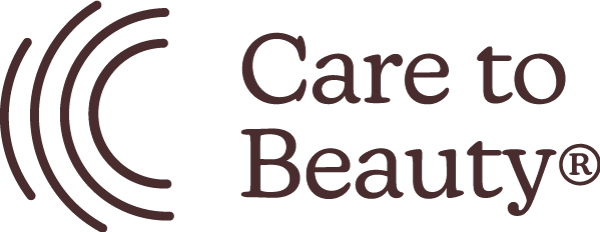

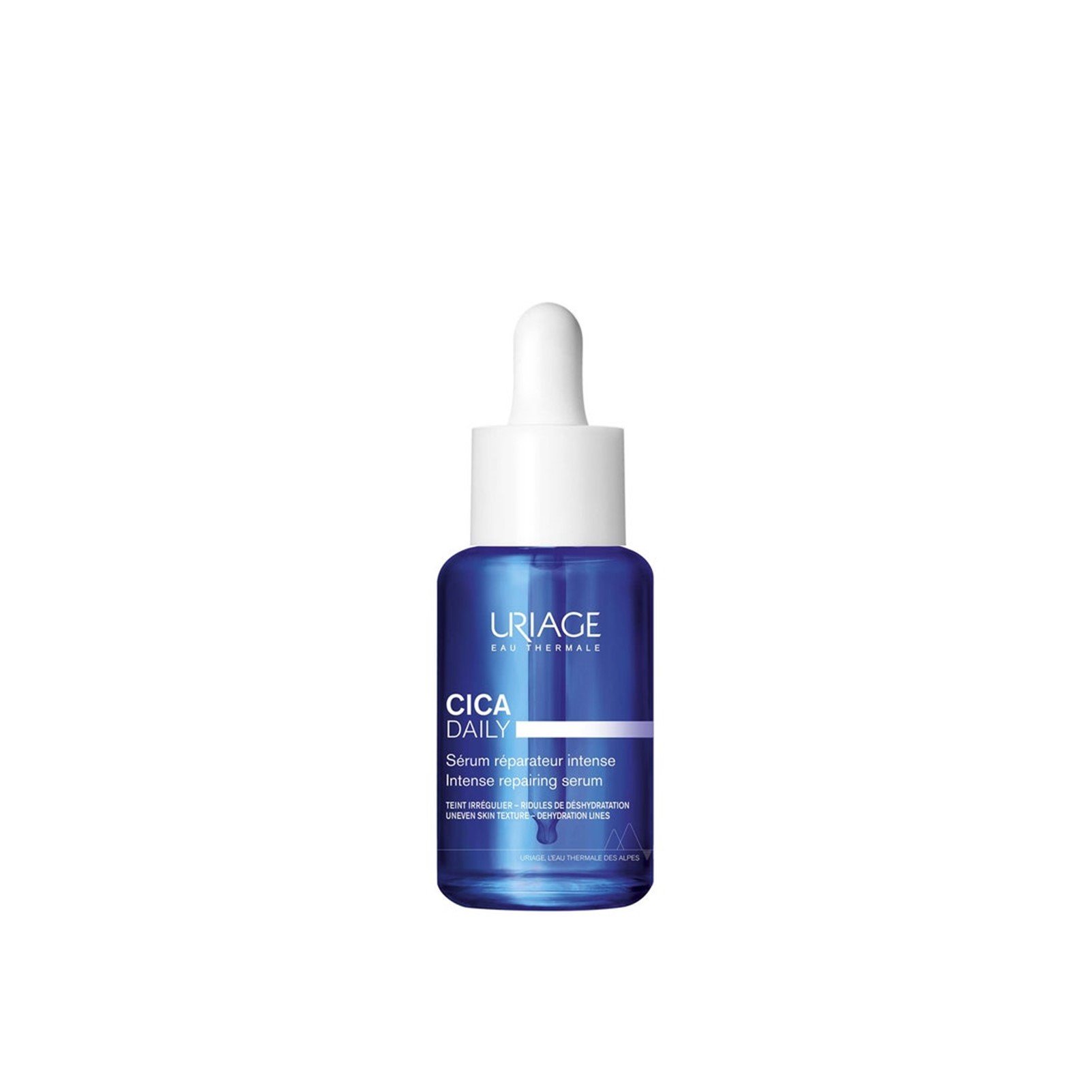 Uriage CICA Daily Intense Repairing Serum
Uriage CICA Daily Intense Repairing Serum
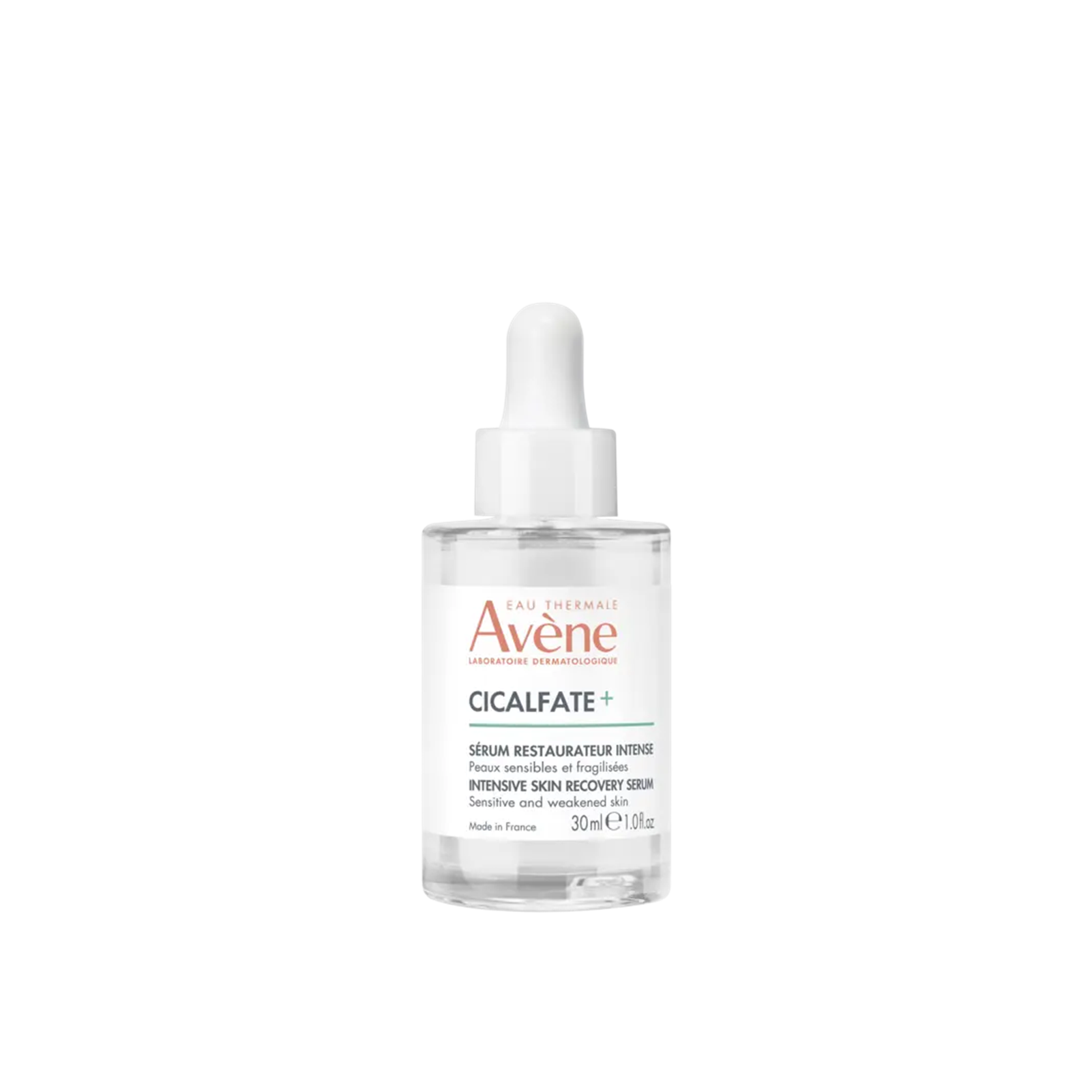 Avène Cicalfate+ Intensive Skin Recovery Serum
Avène Cicalfate+ Intensive Skin Recovery Serum
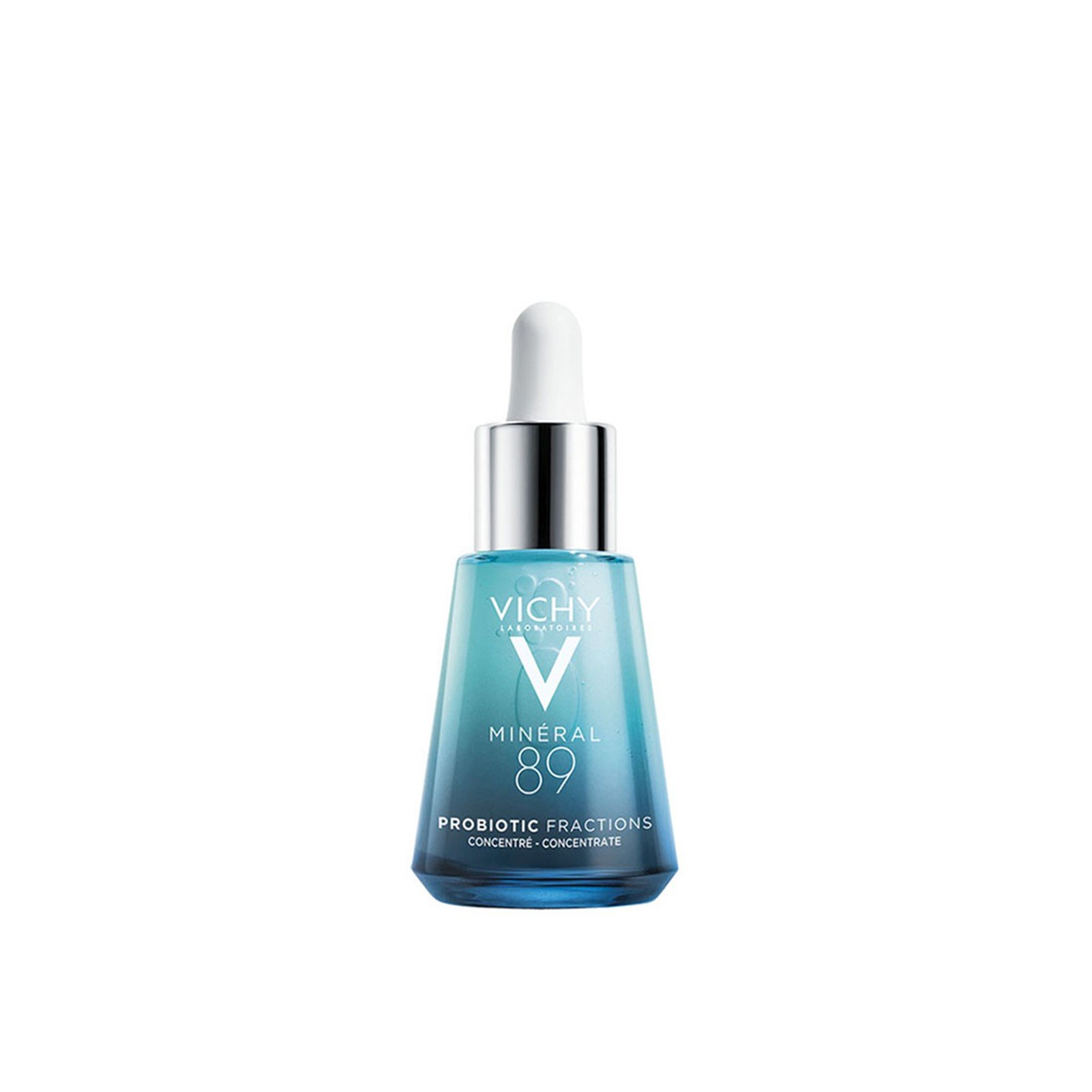 Vichy Minéral 89 Probiotic Fractions Repairing Serum
Vichy Minéral 89 Probiotic Fractions Repairing Serum
![Sensilis Pure Age Perfection [Cicacne Serum] Blemishes & Wrinkles Corrective Treatment 30ml](https://static.beautytocare.com/media/catalog/product//s/e/sensilis-pure-age-perfection-cicacne-serum-blemishes-wrinkles-corrective-treatment-30ml.jpg) Sensilis Pure Age Perfection [Cicacne Serum] Blemishes & Wrinkles Corrective Treatment
Sensilis Pure Age Perfection [Cicacne Serum] Blemishes & Wrinkles Corrective Treatment
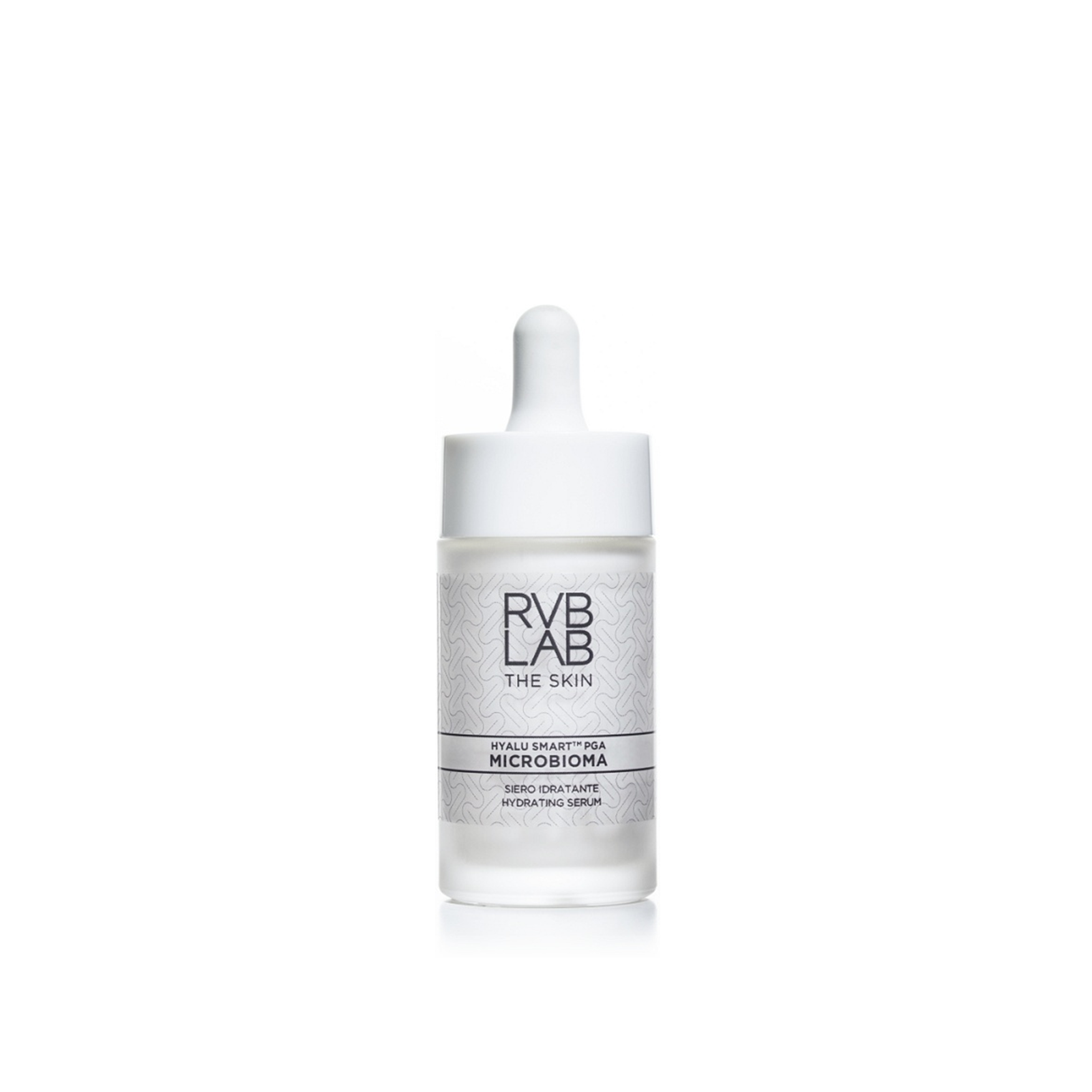 RVB LAB Microbioma Hydrating Serum
RVB LAB Microbioma Hydrating Serum
